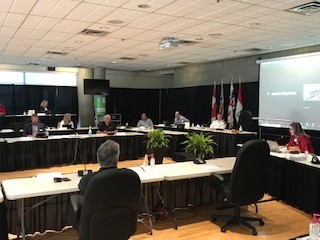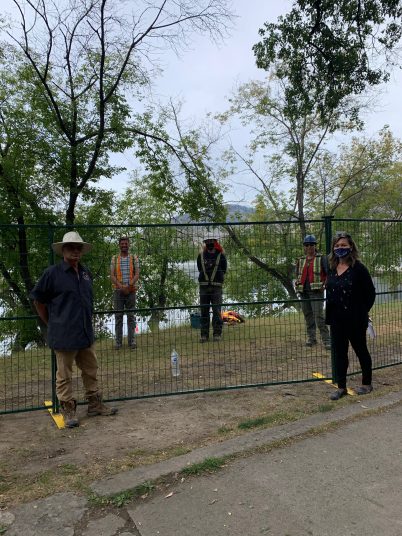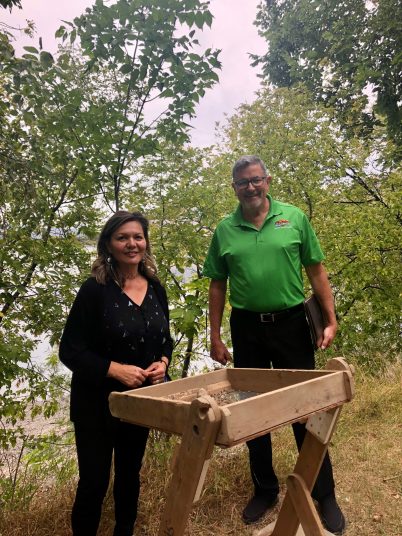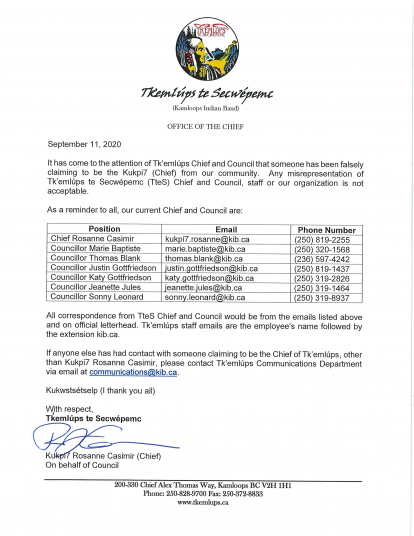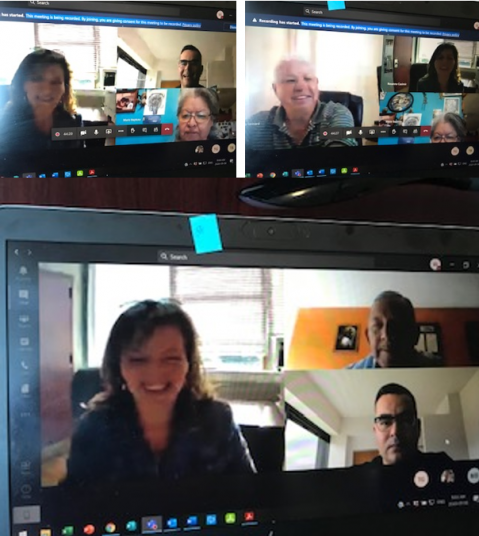Talise Seymour
Community to Community 2020
Every Child Matters
Cultural Heritage
Another fraud attempt update from Chief and Council September 21 2020
Update on the Transmountain projects – Heritage Issues
Safety Alert
Contact Conservation Officer Services
- To report a conflict with wildlife that threatens public safety call 1-877-952-7277
- Phone the COS Call Centre (1-877-952-7277) if you suspect that a cougar is hanging around in a residential neighbourhood or killing pets. If the cougar becomes threatening or aggressive towards people phone the Call Centre.
More information can be found here:
